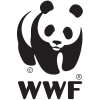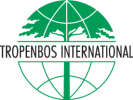
Presenting local business cases and investments in climate and nature at COP16
How do we ensure that climate and biodiversity funding reach locally-led nature and climate initiatives? What challenges face local entrepreneurs in scaling and financing nature-based solutions? These were central topics of the MoMo4C events at the COP16. ‘Five of our partners from landscapes in Ghana, Zambia, Uganda and Indonesia were able to enthuse and inspire a large audience of nature and finance practitioners,’ reflects Jan Willem den Besten, coordinator of MoMo4C.

Video: Rubber farming in Indonesia
The Earth is battling a dual crisis. How are we going to tackle climate change and biodiversity loss? Working in six landscapes, we use public funds to attract private investments into projects that boost climate resilience, protect and restore biodiversity and can evolve into investable business opportunities, benefitting both nature and people. In this video, we take you to MoMo4C's Indonesian landscape.

MoMo4C will continue its efforts in 2025
MoMo4C aims to develop nature-based solutions and biodiverse, climate-resilient landscapes. The programme focuses on creating business cases to attract public, philanthropic and private finance, targeting sectors like agri-food, biodiversity, water forestry and landscape regeneration. Rural communities and local CSOs are the driving force. Originally running from 2019 through 2024, MoMo4C will continue to strengthen its impact in 2025.
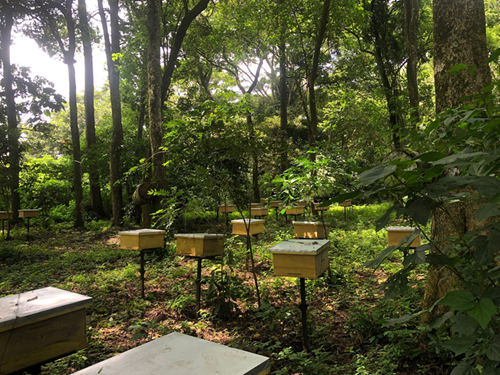
ECOTRUST Uganda opens Beekeeping Centre of Excellence
On Monday 14 October, ECOTRUST Uganda has formally opened the Beekeeping Centre of Excellence in Alimugonza in the Murchison Landscape. Numerous members of the Community Land Association, community leaders, the District Forest Authority, ECOTRUST team members and others were present at the festive opening.
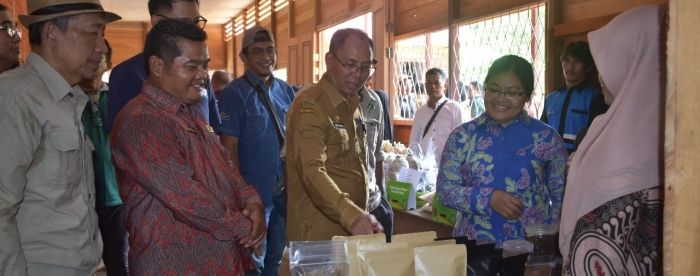
Promoting local business, preserving environment and culture
On 8 October, under the MoMo4C programme, Tropenbos Indonesia organised the third Business Meeting Day in Mekar Raya Village in West Kalimantan. This year’s event featured the inauguration of the Empowered Village Programme facilities to support communities in their efforts to preserve ancestral heritage, while promoting sustainable livelihoods.
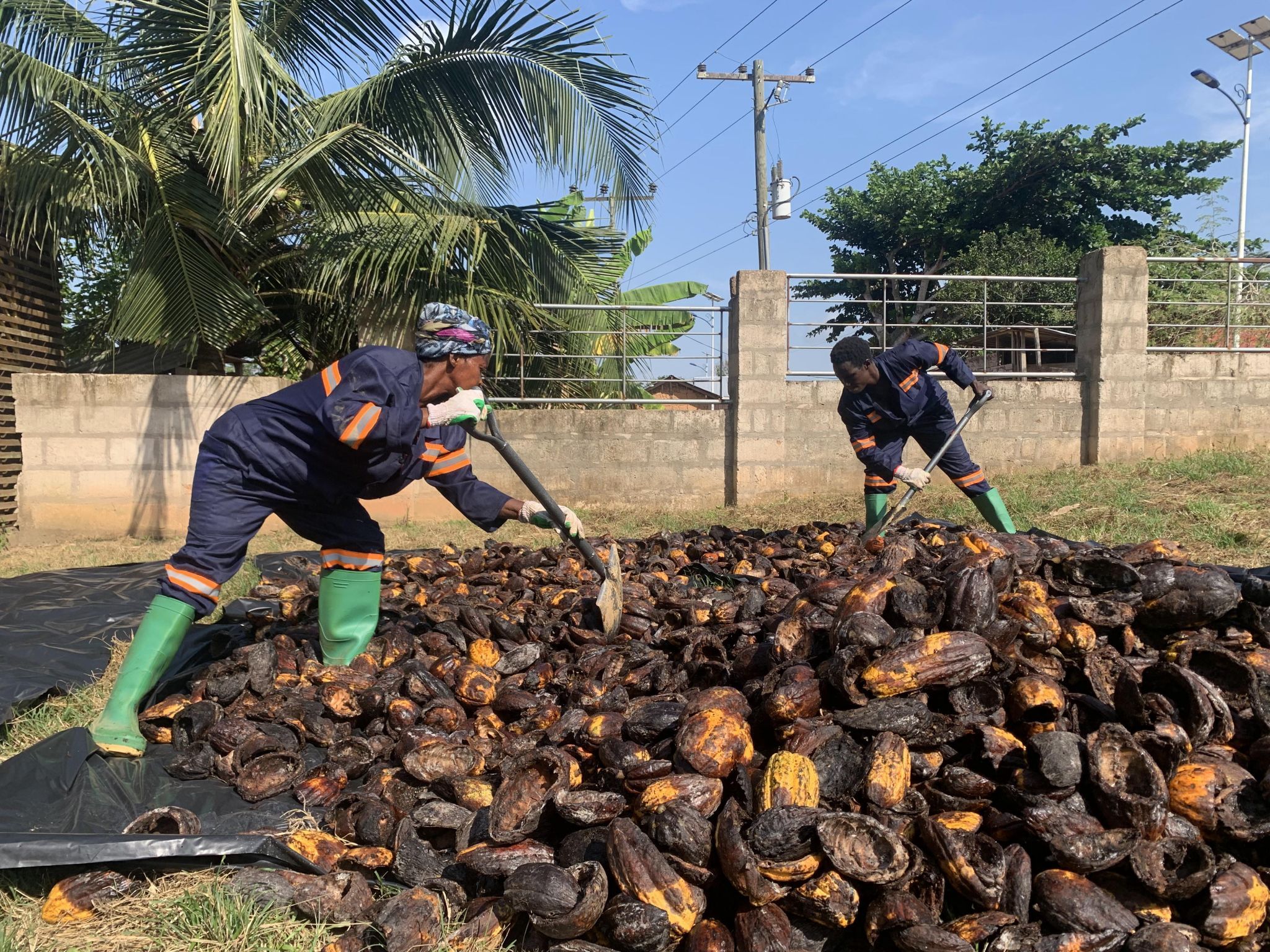
Training on cocoa pod husk processing into charcoal in Ghana
The Nyame tease Women Cocoa Cooperative in Sefwi Wiawso Juaboso Bia landscape is part of the waste-to-energy business case pilot of Tropenbos Ghana under MoMo4C. The women received a comprehensive two-day training on cocoa pod husk aggregation and semi-processing, using a metal kiln in a controlled environment. The training was facilitated by Zaacoal Ghana Ltd.

